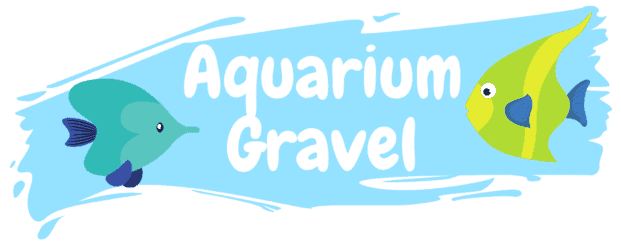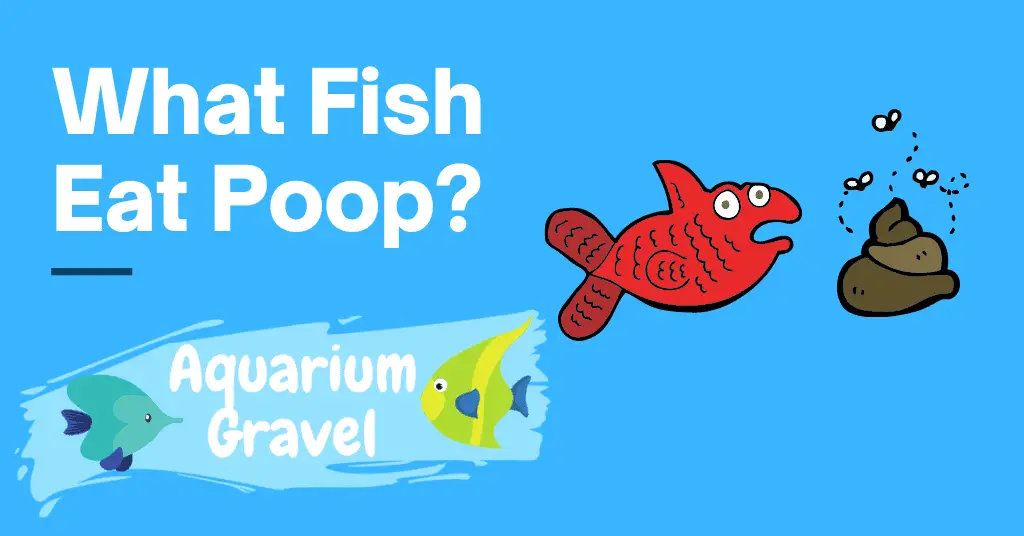Last Updated on September 17, 2021 by cmoarz
You may have heard that there are a few species of fish that eat poop. The truth is no freshwater fish will purposefully eat poop! They might accidentally, but they probably didn’t do it on purpose.
A fish’s oral organ is used to detect and evaluate chemical stimuli, which are detected by taste buds on the tongue. A fish’s olfactory senses include a variety of receptors that can be found in its mouth (specifically inside the jaws) as well as in various parts of its body. The presence or concentration of certain chemicals, such as ammonia or hydrogen sulfide, may trigger an alarm response via the sphenopalatine ganglion located between the two optic nerves (brain). When a fish eats poop from another fish, it typically tests for flavor with its mouth; nevertheless, it also has a propensity to spit non-food items out (including feces).
And to our knowledge, there is no single species of freshwater fish that makes a habit of getting its nutrition from poop.
However, there are some species of cichlids that enjoy eating the feces of other fish species in the wild, I would guess it’s because they are taking advantage of an easy to get protein source.
You definitely won’t see this in an aquarium setup without inducing extreme malnutrition and stress.
So Why Do Some People Believe Fish Eat Poop?
Table of Contents
Since there are no species that think poop is edible, this erroneous belief must be due to improper aquarium management. There are a few things that could happen to convince people otherwise: malnutrition, overcrowding and poor water quality.
All three of these have been known to cause sicknesses in captive fish which could result in deficiencies or internal parasitic infections. Such maladies would affect the digestive system leading the animal to apparently eat its own waste products (as if somehow attempting to self-treat).
When a fish eats poop, it’s like the person who is starving and tries to eat his own hair. By chewing his hair and swallowing it, he may be taking in some nutrition; but it certainly doesn’t make sense as a long-term survival strategy. The animal will suffer malnutrition and possibly die due to its poor decision, which is why you shouldn’t claim that “fish eat poop”.
What DOES eat poop?
Our friendly friends in the bacteria world do. What they do is called “secondary production” (or more commonly, “production of biomass”). The idea is that sometimes there are waste products hanging around that can be used as an energy source by microbial organisms. So for example, many types of aquatic bacteria will secrete enzymes into the surrounding water to break down fecal material and leaf litter.
A well-cycled tank will already have these bacteria
In the filter or substrate, Billions of these bacteria will call your tank their home. But a new tank won’t. In a brand new tank, you would need to buy an “aquarium safe” bacterial starter to seed the aquarium with these organisms. But even after doing so, it still takes time for them to grow and reproduce enough to handle all the waste being produced by your fish.
Are there products I can use instead? Yes!
You can buy bottled bacteria that are intended to seed a new aquarium. This is usually a waste of money since the bacteria grow naturally in the tank with time, however, it certainly does speed up the process. Personally, I DO use it, as do most aquarium hobbyists I know who don’t have time to wait around for 8 months while a tank true cycles.
You can also buy “cycle” or additive products that encourage bacterial growth and reproduction, which will reduce the amount of ammonia and nitrite production.
You can also purchase special waste eating bacteria that will rapidly break down waste and excess food into ammonia which the other beneficial bacteria will turn into nitrates. This can be a bit sketchy as it will cause a deadly ammonia spike!
But you don’t NEED these additives as long as you provide an adequate supply of food for your filter-feeding fish (such as shrimp, snails, and worms) along with enough surface area for beneficial aerobic bacteria to grow on. And NO those bacteria cannot eat your poop! These products simply create an environment with higher quality water parameters more quickly by speeding up the natural cycling process.
The best way to deal with poop is to vacuum it out
Vacuuming the poop can be an effective way of removing it. You should set a schedule to vacuum your tank at least 2 times a week on a new tank along with frequent water changes, and once or twice a month on older well-cycled tanks.
The smaller the tank the more often you will need to clean it. For instance, you may have a 10-gallon tank that is only 1 inch deep, so there isn’t much room for waste to settle down in the gravel. So that tank requires “maintenance” every day or two. Whereas if you have a 4 foot long 5 inch deep 125 gallon then you can let it go for weeks before it becomes an issue for water quality.
About
Owner of AquariumGravel.com and also owner of actual Aquarium Gravel believe it or not! ;). Setting up beautiful aquarium sceneries and habitats since I was very young. Enjoy!
- Web |
- More Posts(290)

